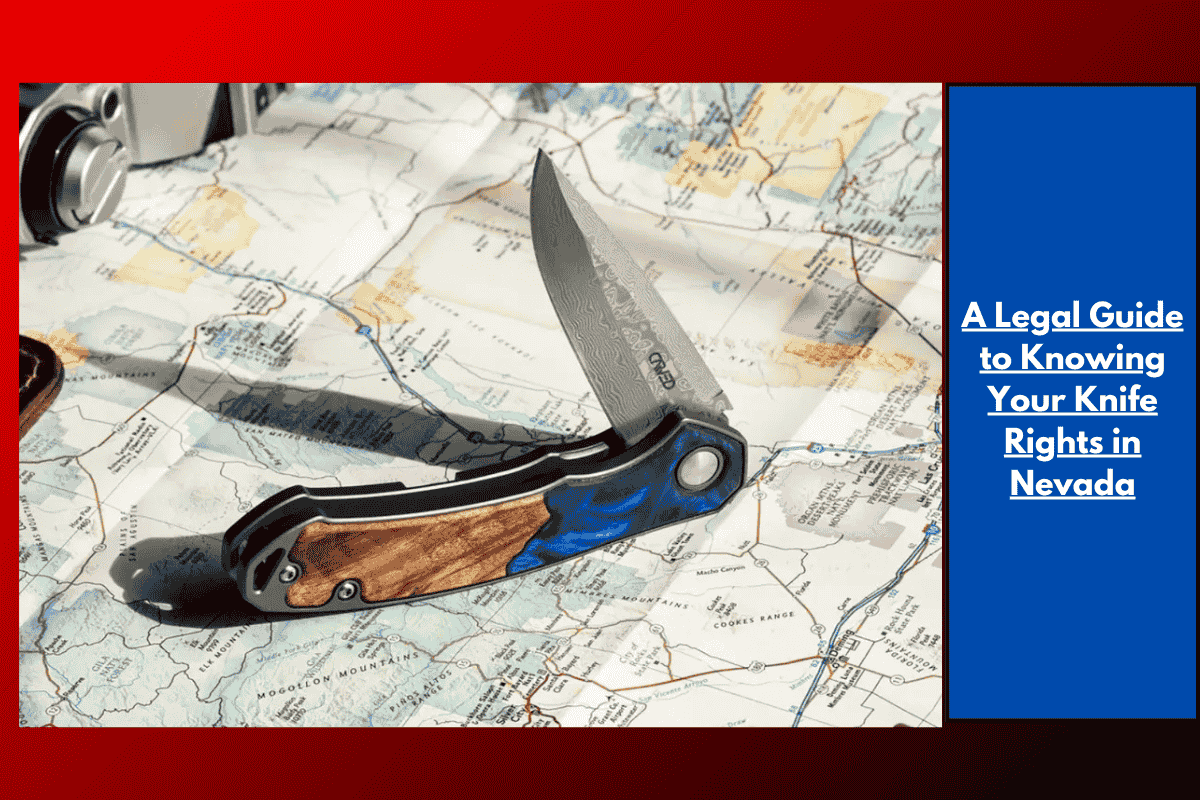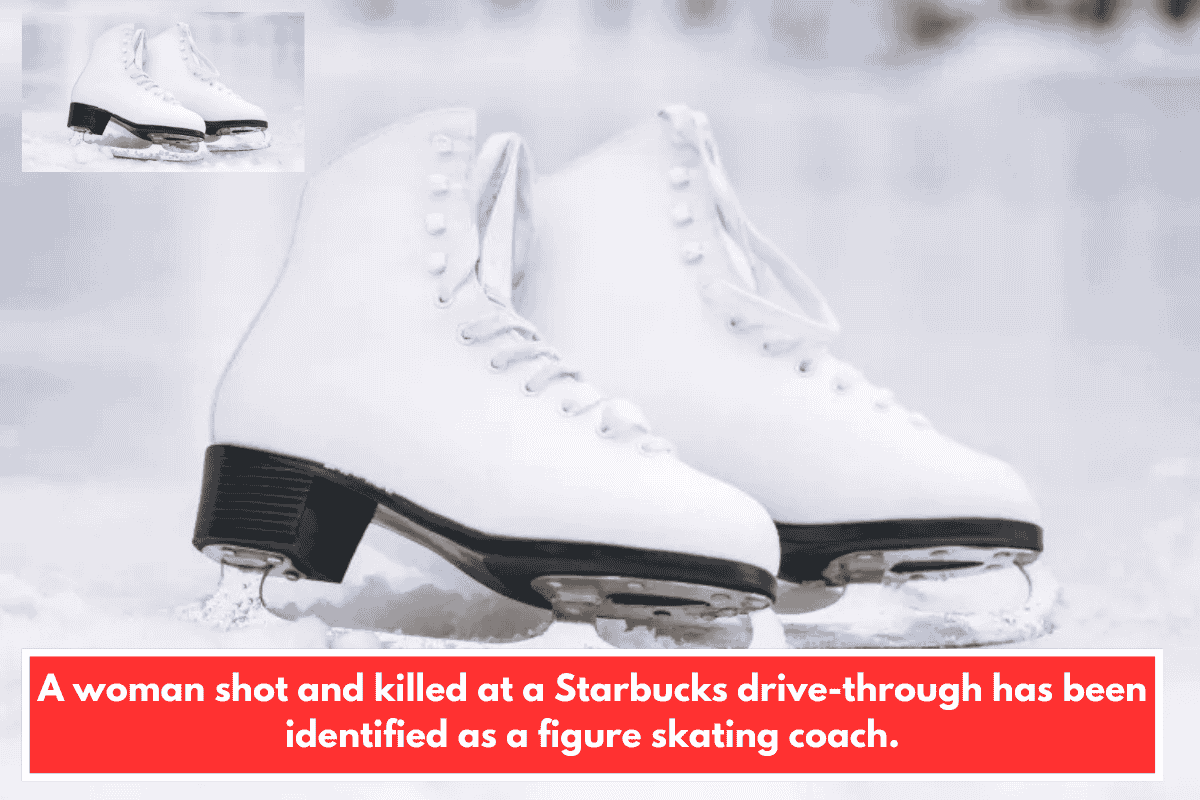Understanding knife laws can be confusing, especially if you’re in a state like Nevada, where the rules regarding carrying knives can vary depending on the type of knife and where you are. This legal guide will help you navigate Nevada’s knife laws, ensuring you stay on the right side of the law while carrying or using knives.
What Types of Knives Are Legal in Nevada?
In Nevada, most knives are legal to own and carry, but certain restrictions apply depending on the type of knife. Here’s a breakdown of the most common types:
Folding Knives: These are legal to carry, as long as the blade is not “concealed.” If the knife is folding and stays in your pocket or bag, it is generally allowed.
Fixed-Blade Knives: Like folding knives, fixed-blade knives are legal to own and carry. However, when carrying a fixed-blade knife, it’s important to keep it in plain sight to avoid violating any laws about concealed weapons.
Automatic or Switchblade Knives: These knives, which open automatically by pressing a button or switch, were historically restricted in many areas. However, Nevada law allows the possession and carrying of switchblades, as long as the blade is less than 2 inches in length. Larger blades may require special circumstances or permits for carrying.
Ballistic Knives: These are prohibited in Nevada. A ballistic knife is a type of knife that can shoot the blade from the handle, which is illegal to carry or possess in the state.
Where Can You Legally Carry a Knife in Nevada?
Nevada law allows people to carry knives in public spaces, but there are some key things to consider:
Concealed Carry: Knives can’t be carried in a concealed manner unless you have a concealed weapons permit (CWP) in Nevada. While this applies mainly to firearms, carrying a concealed knife could still get you in trouble if it’s hidden from view.
Public Buildings and Private Property: Knives are prohibited in certain public buildings, such as schools, government buildings, and airports. Private businesses can also set their own rules, so it’s important to check the policies of places you visit regularly.
On Your Person or in Your Vehicle: You can carry a knife on your person or in your vehicle as long as it’s not concealed. The knife must be readily accessible but not hidden.
Special Considerations for Carrying Knives
Age Restrictions: You must be at least 18 years old to carry certain types of knives. Minors under the age of 18 may face legal trouble for carrying or possessing knives in public areas.
Intent to Use the Knife: Carrying a knife in Nevada is legal as long as there’s no intent to use it as a weapon or for criminal activity. If you’re caught carrying a knife with the intent to use it in a crime, that could lead to more serious charges.
Self-Defense and Knives
In Nevada, using a knife for self-defense is generally allowed as long as the use of force is deemed reasonable and necessary to protect yourself from harm. If you’re in a dangerous situation and use a knife to defend yourself, the law will look at the circumstances to determine if the force was justified.
However, using a knife during a situation that isn’t self-defense could lead to criminal charges, such as assault or battery with a weapon.
In Nevada, owning and carrying knives is generally allowed, but it’s important to be aware of the specific rules around different types of knives and how they should be carried. To stay within the law, avoid concealed carrying without a permit, follow rules for public spaces, and make sure your knife is legal for carrying. By understanding the laws and knowing where and how to carry your knife, you can avoid potential legal issues.
SOURCES
[1] https://criminallawyerslasvegas.com/nevada-knife-laws/
[2] https://www.couteaux-morta.com/en/nevada-knife-laws/
[3] https://www.shouselaw.com/nv/defense/laws/knife-laws/
[4] https://www.akti.org/state-knife-laws/nevada/
[5] https://nobliecustomknives.com/us-knife-laws/nevada-knife-laws/














